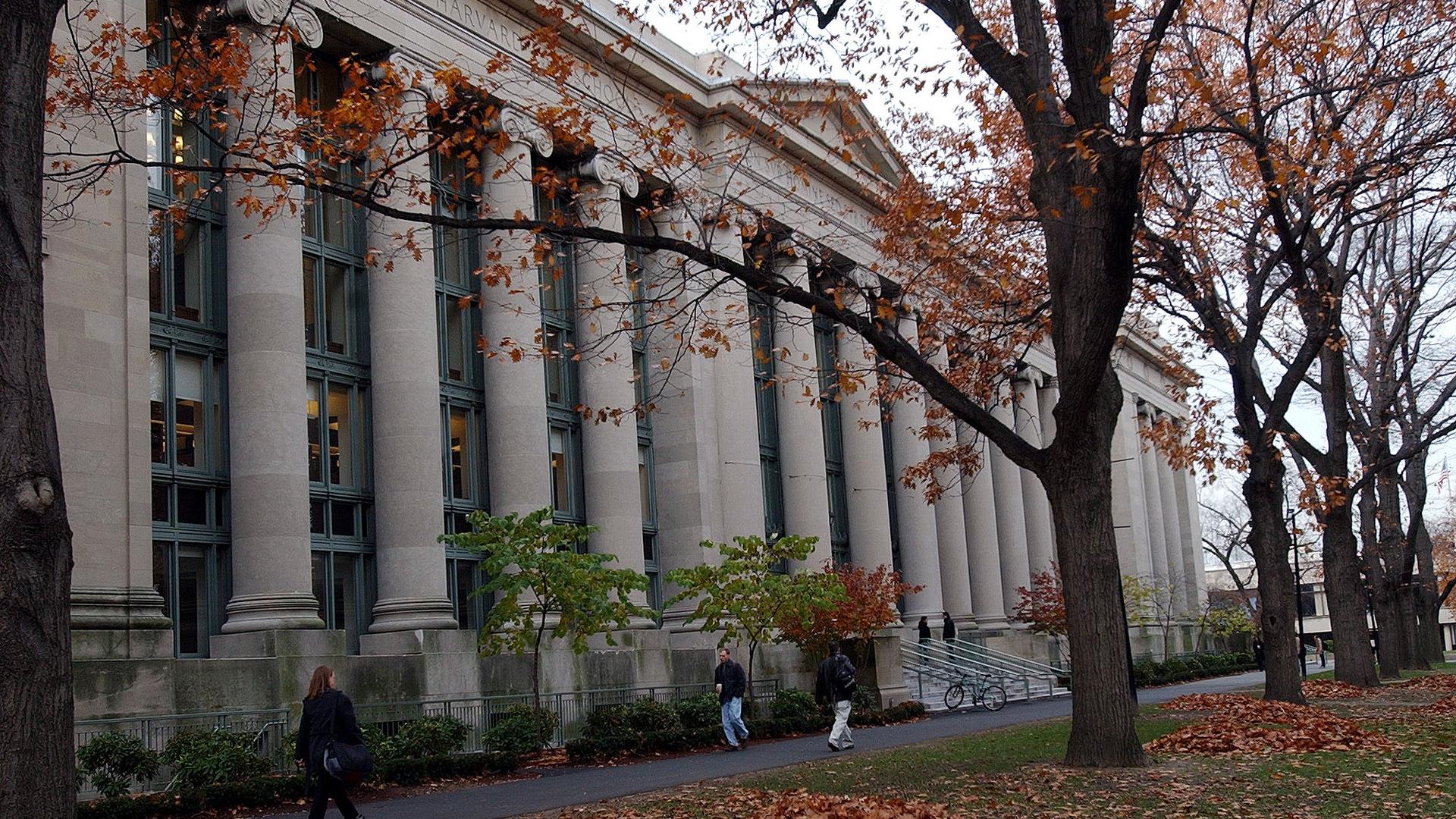Turkish students in the US contribute greatly to the US and to Turkey, but the potential is far greater.
Many young people would like to come to study, or study and remain, in the US – one of the most important centres for learning in the world.
When we look at statistics from recent years, according to figures from the Institute of International Education (IIE), the number of students who came to the US in the last academic year was 1,095,299.
The top three countries that sent students to the US were China, India, and South Korea, respectively. Turkey is 15th on the list, with 10,159 students, and the three most popular states for Turks seem to be California, New York, and Texas.
The amount contributed by Turkish students — 33 percent of whom are undergraduates, and 40 percent of whom are master’s and doctorate students — to the US economy was $419 million in 2018.
On the other hand, there are fewer than 100 ‘study abroad’ students in Turkey from the US. One can argue that one of the main reasons for this is the severe travel warnings issued by the US Department of State for those travelling to Turkey. As a result, the vast majority of US students prefer European countries instead.
The Turkish Ministry of Foreign Affairs and the Council of Higher Education have notified US officials that they are uncomfortable with the current scenario.
Recently, Zeliha Tufan Kocak, a member of Turkey’s board of the Council of Higher Education, and some university chancellors met with members of the US Congress and ensured them that serious steps were taken. Apart from this, the representatives of many Turkish universities will visit the USA to hold discussions concerning Turkey’s work in education and joint projects between universities.
If we assume that the number of international students in Turkey, which stood at around 48,000 four years ago, is now over 150,000, it is crucial to eliminate the barriers that stand in the way of American students intending to study in Turkey.
Recently, we have seen a reversal in the much-discussed phenomenon of ‘brain drain’. I know many brilliant young minds who have studied at prestigious universities abroad and returned to their home country.
In particular, some so many young people have found employment in the companies of the growing defence industry of Turkey, specifically within the field of engineering. The policy of imposing sanctions on Turkey by some countries, including the US, works in favour of Turkey in a sense because it leads to the maturation of the concept of Turkey becoming self-sufficient local and standing on its own feet.
Last year, there were more than two hundred applications for the ‘Fellowship for Outstanding Researchers’ program launched by TUBITAK and aimed at attracting bright minds to Turkey that worked on significant projects around the world.
The opportunities include an allowance of nearly $170,000 to begin research studies and a little over $4,000 per month scholarships. At the same time, the spouses and children of the researchers also fall within the scope of this support.
Thus, it will be beneficial to express that there is also an advantage for young people who currently remain abroad, to come back to Turkey.
Some of our younger people prefer to remain in the US and do not come back, but I do not see this as a brain drain, because many of these youngsters are promoting Turkey through their achievements. They contribute to university exchange programs and welcome arriving Turkish academics. For example, there are five Turkish academics at the Department of Gynecology of Yale University, one of the most prestigious universities in the US. Similarly, some academics have worked at, and even had their own laboratories at Harvard and MIT for many years.
It makes me happy to see that Turks living abroad are undertaking projects beneficial for Turkey, the Turkish-American community, and everyone in their field.
The Turkish community in the US has also started to extend a hand of support from beyond the ocean, following the 6.8 magnitude earthquake in Elazig.
The first association to announce was the Turkish Philanthropy Fund Foundation, which is based in New York. The foundation, made up of trusted and well-known names in the Turkish community in the US, stated that they would be forwarding all of the donations to state authorities in Elazig.
I convey my condolences for those who lost their lives and wish a quick recovery for all those injured.
Author: Ali Cinar
Ali Cinar is a Senior Foreign Policy Expert and a 2019 Ellis Island Medal of Honor Recipient.
Source










Discussion about this post